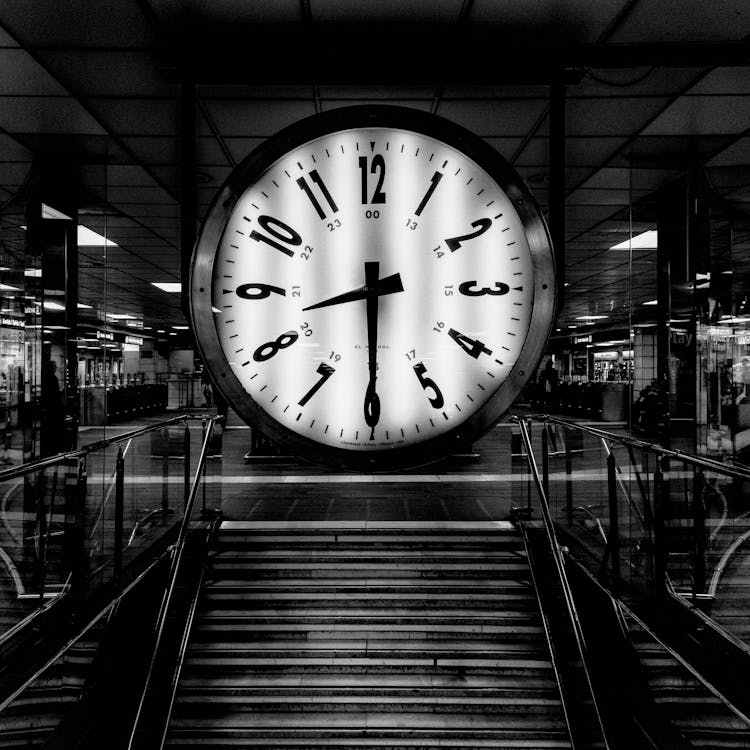The concept of adjusting schedules to daylight has been around since ancient civilizations. The Romans adjusted their clocks to make each daylight hour progressively longer during spring and shorter during autumn.
Modern daylight savings time, however, has not been around as long. New Zealand entomologist George Hudson was the first to propose daylight savings time in 1895. It wasn’t until 1908 when Ontario, Canada became the first city in the world to adopt daylight savings time.
Countries like Great Britain, the United States, and Russia adopted daylight savings time during World War I. Interestingly, many countries, including the United States, abandoned it when World War I ended. During World War II, many countries adopted it again. Essentially, daylight savings time was introduced to help conserve energy as a wartime effort.
After World War II, local jurisdictions were able to choose if they wanted to adopt daylight savings time or not. It wasn’t until 1974 when permanent daylight savings time was enacted because parents were complaining that their children were going to school in the dark and workers were spending work hours in the dark.
Daylight savings time has been a controversial topic since being enacted. Some industries have favored the time change, including retail and sports. Agricultural, evening entertainment, and some religious groups have opposed it. After all, it was to be a short-term wartime energy conservation act.
Russia adopted year round daylight savings time in 2011. The United Kingdom has proposed observing year round daylight savings time as well. Mexico “fell back” on their clocks for the last time in 2022 to restore permanent standard time.
In the United States, Arizona, Hawaii and the territories of American Samoa, Guam, Puerto Rico, Northern Mariana Island and the U.S Virgin Islands no longer participate in daylight savings time. In 2018, Florida Republican Senator Marco Rubio repeatedly filed bills to extend daylight saving time permanently into winter, but they failed to pass. Proponents of daylight savings time still debate whether it is better for energy conservation and our leisure time during the summer.
The data doesn’t match the proponents’ statements. A 2017 meta-analysis report of 44 individual studies found that energy conservation is only 0.03 percent during daylight savings time. Also, the U.S Department of Energy concluded that the use of gasoline did not significantly change during daylight savings time.
There are other adverse effects of daylight savings time on human health. The shifting of our clocks disrupts our circadian rhythms causing a negative effect on human health. This has been shown to increase health risks such as heart attack and traffic accidents.
A 2017 study in the “American Economic Journal: Applied Economics” estimated that daylight savings time caused over 30 deaths at a social cost of $275 million annually primarily due to sleep deprivation. It has been argued that daylight savings time correlates with decreased economic efficiency. A study from 2000 showed an estimated one day loss of $31 billion in US stock exchanges.
The question remains: why do we keep observing daylight savings time? Sophomore Andrew Velna said, “I think we should stop daylight savings time.”
The consensus of the students interviewed agreed. However, until several states enact legislation to implement permanent daylight savings time, we are stuck changing our clocks twice a year. Congress would have to pass a change to federal law in order for it to take effect.







